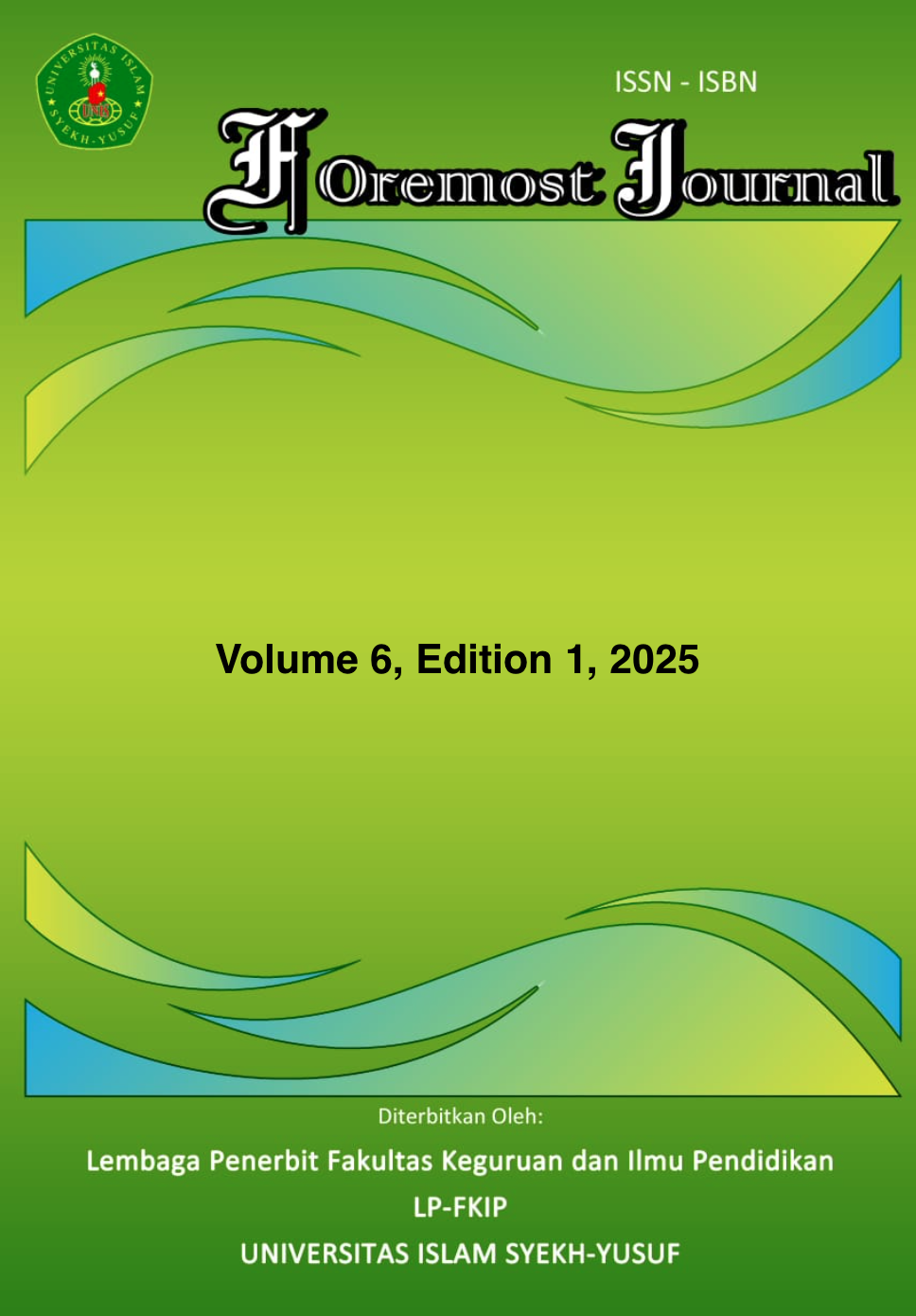Fossilization: A Case Study of Three Indonesian Adults Living in English-Speaking Countries
DOI:
https://doi.org/10.33592/foremost.v6i1.7204Keywords:
fossilization, grammar, second language acquisitionAbstract
Researches have proved that fossilization happens to every second-language learner. What varies is the degrees of fossilization and what causes it to happen. In her research, Ene (2006) mentions that advanced English language learners exhibit inconsistentuse of tenses, inaccurate use of prepositions, articles, etc. This research finds similar things. Articles, tenses and prepositions are grammatical aspects which are fossilized. In addition to finding out which grammatical aspects are fossilized, this research also tries to find out factors which contribute to the participants’ fossilization. Influence of their first language is one of the factors. Surprisingly however, based on the feedback from two English native speakers, there is an issue of natural use of the English language. This is surprising since the participants have been living in those English-speaking countries for more than a decade. What is more, there is one factor which leads to fossilization but is not found in the previous study nor in other researches
Downloads
Published
How to Cite
Issue
Section
License
Copyright (c) 2025 Foremost Journal

This work is licensed under a Creative Commons Attribution-NonCommercial-ShareAlike 4.0 International License.
- Authors certify that the work reported here has not been published before and contains no materials the publication of which would violate any copyright or other personal or proprietary right of any person or entity.
- Authors transfer or license the copyright of publishing to Foremost Journal to publish the article in any media format, to share, to disseminate, to index, and to maximize the impact of the article in any databases.
- Authors hereby agree to transfer a copyright for publishing to Foremost Journal a Publisher of the manuscript.
- Authors reserve the following:
- all proprietary rights other than copyright such as patent rights;
- the right to use all or part of this article in future works of our own such as in books and lectures;
- use for presentation in a meeting or conference and distributing copies to attendees;
- use for internal training by author's company;
- distribution to colleagues for their research use;
- use in a subsequent compilation of the author's works;
- inclusion in a thesis or dissertation;
- reuse of portions or extracts from the article in other works (with full acknowledgement of final article);
- preparation of derivative works (other than commercial purposes) (with full acknowledgement of final article); and
- voluntary posting on open web sites operated by author or author’s institution for scholarly purposes, but it should follow the open access license of Creative Common CC BY-NC-SA License.



